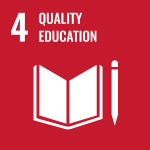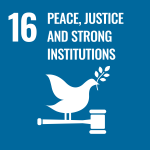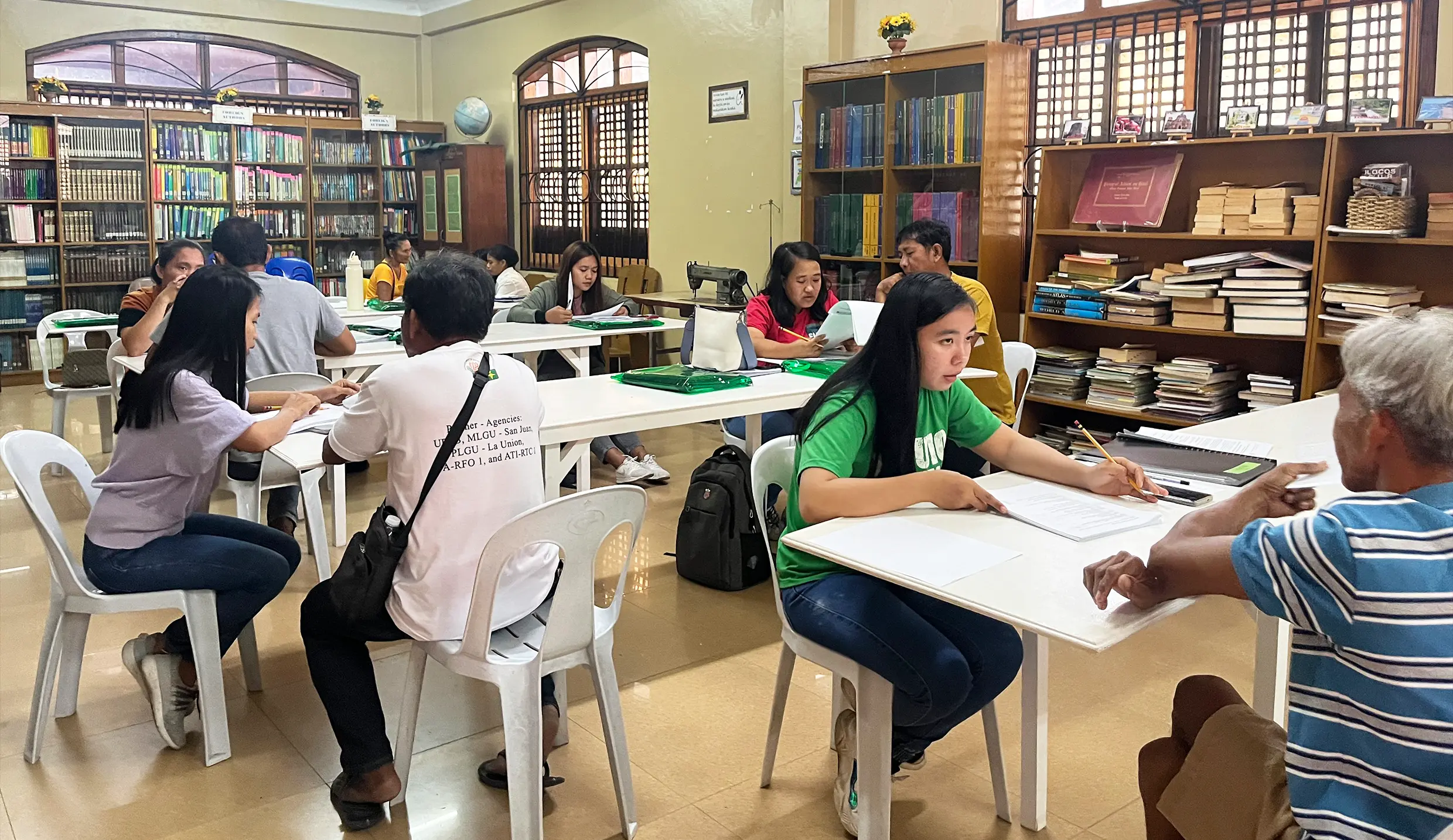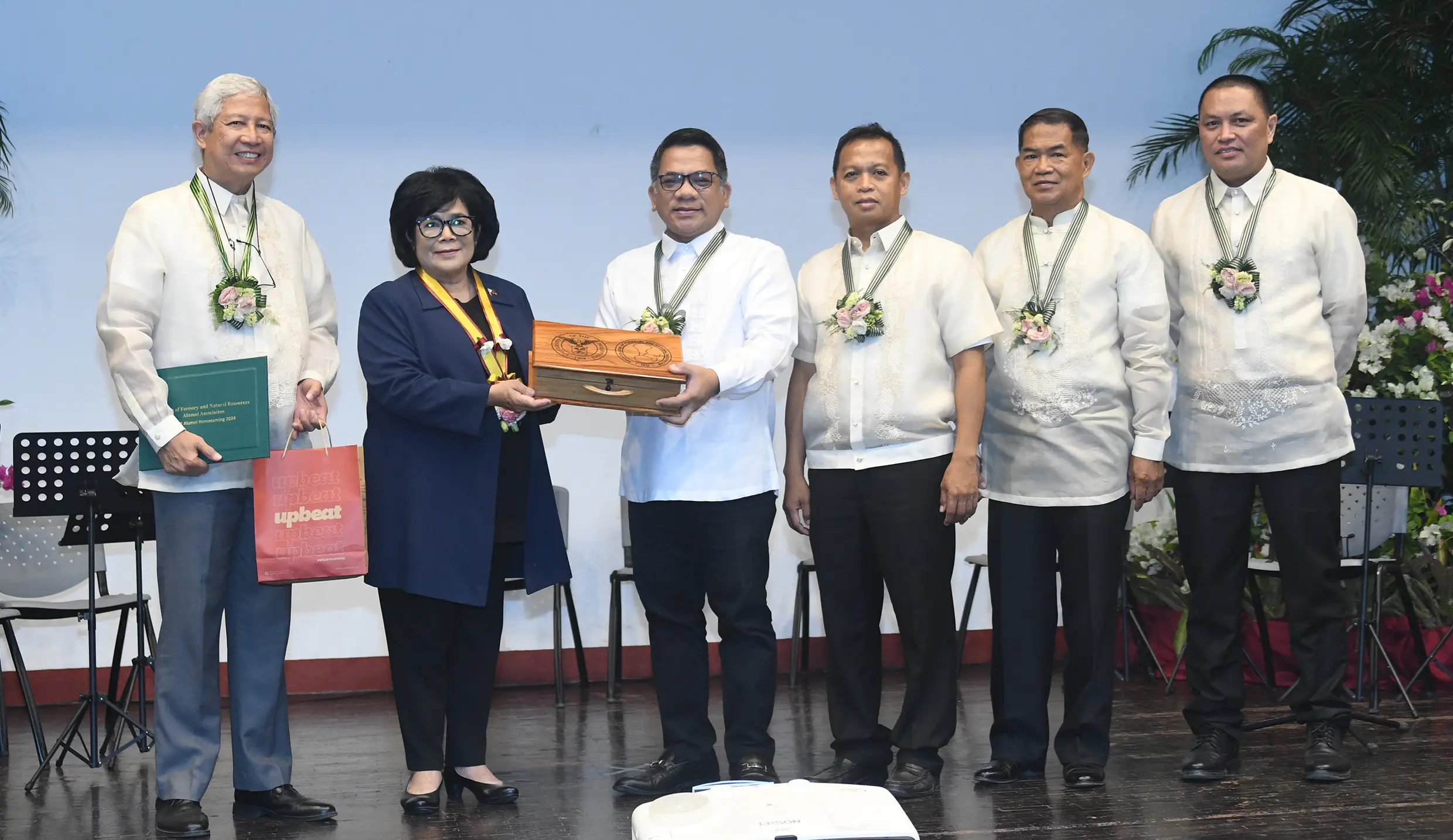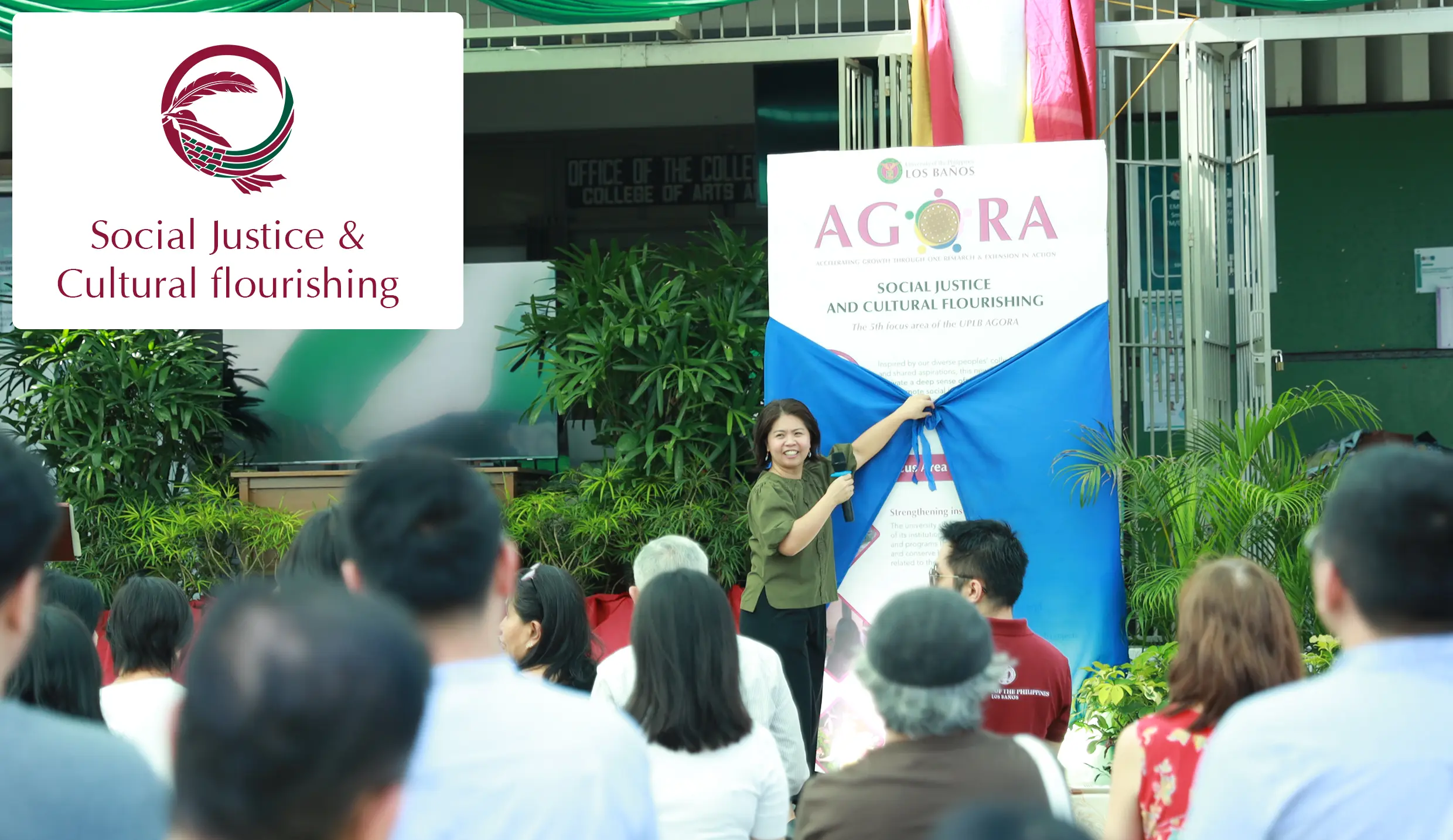
UPLB has launched a fifth core area of its revitalized research and extension agenda, Accelerating Growth through One Research and Extension in Action (AGORA), after unveiling it in 2022.
The university launched Social Justice and Cultural Flourishing as the fifth core area in addition to Food Security and Sovereignty, One Health, Resilience and Sustainability, and Future Communities and Institutions.
The launch program for the fifth core area was held on Feb. 19, 2024, in front of the Dean Edwina C. Legaspi Hall, formerly the College of Arts and Sciences (CAS) Building.
The program opened with messages from Dr. Maribel Dionisio-Sese, dean of CAS; Dr. Nathaniel C. Bantayan, vice chancellor for research and extension; and Chancellor Jose V. Camacho, Jr.
Fifth core area, the missing piece
Dr. Sese said that the fifth core area “gives AGORA the missing but necessary humanist component” and answered the question of “AGORA for whom?”
Dr. Bantayan noted that the fifth core area brought focus to AGORA’s true purpose of human development, which was somewhat overshadowed by the initial four pillars’ tendency to focus on processes and technologies.
Chancellor Camacho stated that AGORA was meant to be “fluid and responsive to the needs of the nation” from the outset and that the fifth core area will “greatly expand the scope and potential of UPLB for collaborations and linkages with partner individuals, organizations, institutions, and communities.”
The chair of the CAS Department of Humanities (DHUM), Dr. Katrina Ross Tan, presented the fifth AGORA Focus Area, including its three thrusts, areas for collaboration, and proposed priority projects. A reveal of the logo of the new focus area and the new AGORA logo followed this.
The launch program ended with a ceremonial signing of solidarity and support by the program attendees, which included UPLB officials, faculty, artists, and community members.
On women philosophers and the life and works of BM Gonzalez
Immediately following the launch program, a symposium was held at the CAS Auditorium featuring four papers on topics related to the newly launched AGORA focus area.
Dr. Jacklyn Cleofas, a faculty member at DHUM, presented “Can Brown Women be First-rate Philosophers?” to discuss issues concerning women in the masculine-coded discipline of philosophy.
Afterwards, Dr. April Hope Castro, a faculty member and the director of the UPLB General Education Program, presented “Bienvenido M. Gonzalez: The Life and Ideas of a Scholar, Academic Leader, and Institution Builder (1893-1951),” and showcased facts and insights about one of the founding figures of UPLB. These presentations were followed by the first open forum moderated by Luigie Lursh Almojano of DSS.
The second part of the symposium opened with a paper presented by Mary Cita Hufana, a faculty member at DHUM, on “Science and Form: The UPLB Built Environment as Hybrid Modernity,” which discussed the concept of a “built environment” and how UPLB’s historical architecture reflected a “historical palimpsest.”
Chronicling stories and anecdotes about Maria Makiling
Cheeno Marlo Sayuno of DHUM presented “Restorying Mariang Makiling Legends: Intersections of Research and Literary Production through Unearthing Experiences of Los Baños Townsfolk” where he discussed his research into chronicling stories and anecdotes about Maria Makiling from Los Baños residents, common motifs, and the “Dayang Maria: Mga Kwentong Pambata tungkol kay Mariang Makiling” project.
These presentations were followed by a second open forum moderated by Dr. Dennis Andrew Aguinaldo, a faculty member at DHUM, and the artist response by the pioneer of installation art in the Philippines, Luis E. Yee Jr., better known as Junyee. Junyee shared his insights on UPLB’s architecture, history, and art and the focus area of social justice and cultural flourishing.
The symposium ended with the closing remarks by Bernardo Arellano III of DSS.
Later in the day, the opening program of the UPLB Fringe Festival was held at the DL Umali Hall steps. The Fringe Festival ran from Feb. 19 to 23 and showcased several activities, groups, and presentations in line with the new AGORA focus area. (Albert Geoffred B. Peralta)




